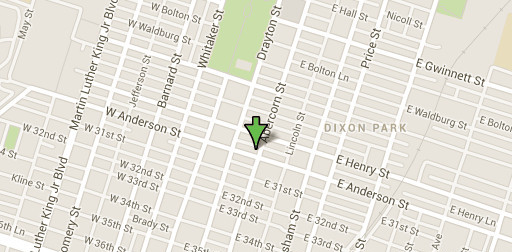Temporomandibular joint disorder (TMJ or TMD) can be hard to diagnose and hard to treat. Since many cases of TMJ are caused by overactive and destructive jaw muscles, relaxing jaw muscles can provide relief. That’s why the injection of botulinum toxin (commonly called botox) into the jaw muscles is a promising treatment: it creates what is described as a “flaccid paralysis”–a forced relaxation.
But, increasingly, studies are suggesting that this type of relaxation cause bone loss in the jaw.
An Integrated System
The bite system is fully integrated, with each part of the system working together to support and strengthen the other. Muscles don’t just move bones: they stimulate them. When a muscle pulls on the bone, it tells the body that bone needs to be strong enough to handle the stress. The more activity the bones get, the more mass the body will add to them.
It’s similar to the way your teeth stimulate your jawbone, and why dental implants are a better choice than traditional dentures. Dental implants stimulate the jawbone to prevent it being lost, but dentures don’t.
That’s why some people are concerned that causing a forced relaxation of the jaw muscles might lead to reduced bone mass in the jaw. And studies seem to suggest that it’s true: botox injections can lead to reduced bone mass in the jaw.
The More Botox, the More Bone Loss
In this study, researchers in Korea randomly placed 20 subjects in one of two groups. One group received one botox dose in their masseter muscles, while the other received two botox doses, with the second dose given four months after the first. Bone mass was measured before injections and then six months after the initial injection. Cone-beam computed tomography (CBCT) was used to measure bone mass.
Even with one botox injection, researchers detected a significant amount of bone loss in the jaw. However, with two injections, the bone loss was much greater.
A More Natural Way to Relax Jaw Muscles
This presents a problem for people with TMJ. Obviously, relaxing the jaw muscles can relieve many common TMJ symptoms, such as jaw pain, headaches, and tooth damage. But with this side effect, people may be concerned that they may lose too much bone as a result.
However, there are other ways to relax jaw muscles without paralyzing them. Neuromuscular dentistry focuses on ensuring balance in your jaw system. Jaw muscles are often overactive because they can’t relax in their current position. By helping put your jaw into the proper position, neuromuscular dentistry can resolve TMJ symptoms without compromising the natural function of your jaw muscles. This may promote an overall healthier jaw system, including healthy bone mass.
If you want to learn more about the neuromuscular dentistry approach to treating TMJ in the Hilton Head area, please call (843) 706-2999 today for an appointment with a TMJ dentist at Beyond Exceptional Dentistry.




